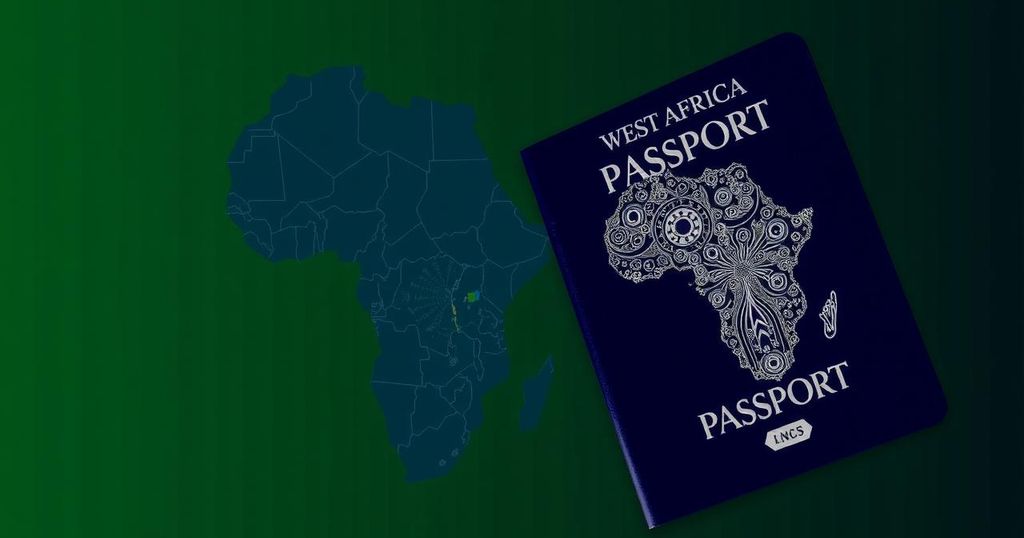Mali, Burkina Faso, and Niger to Implement New Biometric Passports
Summary
Mali, Burkina Faso, and Niger, under the leadership of Colonel Assimi Goita, will soon introduce biometric passports as a means to standardize travel documents, marking a further step in their alliance following their exit from ECOWAS. This initiative aligns with efforts to enhance regional infrastructure and connectivity amidst ongoing security challenges.
In a recent announcement, Colonel Assimi Goita, the military leader of Mali, revealed that Mali, Burkina Faso, and Niger are set to launch new biometric passports. This initiative signifies a further consolidation of the cooperation among the three nations, which have recently severed ties with the Economic Community of West African States (ECOWAS). The military coups that have engulfed these Sahel countries since 2020 led to their unity under the Alliance of Sahel States (AES), which was established following their withdrawal from French influence and a pivot towards Russia. The new biometric passports aim to standardize travel documents across the region, aligning with Colonel Goita’s vision for enhanced connectivity through improved infrastructure, including transportation, communication networks, and information technology. This rollout is particularly timely as the countries prepare to observe the anniversary of their alliance. The security situation in the Sahel has been historically tumultuous, with insurgencies that commenced in northern Mali in 2012 and subsequently spread to Nigeria and Burkina Faso by 2015. These conflicts have resulted in significant loss of life and the displacement of millions throughout the area.
The introduction of biometric passports in Mali, Burkina Faso, and Niger is a significant step in their efforts to strengthen regional cooperation and autonomy. Following a series of military coups across the Sahel, these nations have transitioned away from traditional alliances, particularly distancing themselves from ECOWAS, which they view as being influenced by French interests. The AES serves as a platform for these countries to collaborate on various fronts, including security and infrastructure development, as they collectively address persistent insurgent threats that plague the region. The formation of the Confederation of Sahel States further cements their commitment to mutual support and regional stability.
The announcement of new biometric passports for Mali, Burkina Faso, and Niger underlines the commitment of these nations to enhance regional cooperation and reinforce their sovereignty in the face of ongoing security challenges. By standardizing travel documents and improving infrastructure connectivity, they are taking critical measures towards greater unity and operational efficiency. This initiative also marks a pivotal moment as these countries reflect on their first anniversary of the Alliance of Sahel States, underscoring their strategic shift away from prior allegiances.
Original Source: newscentral.africa








Post Comment